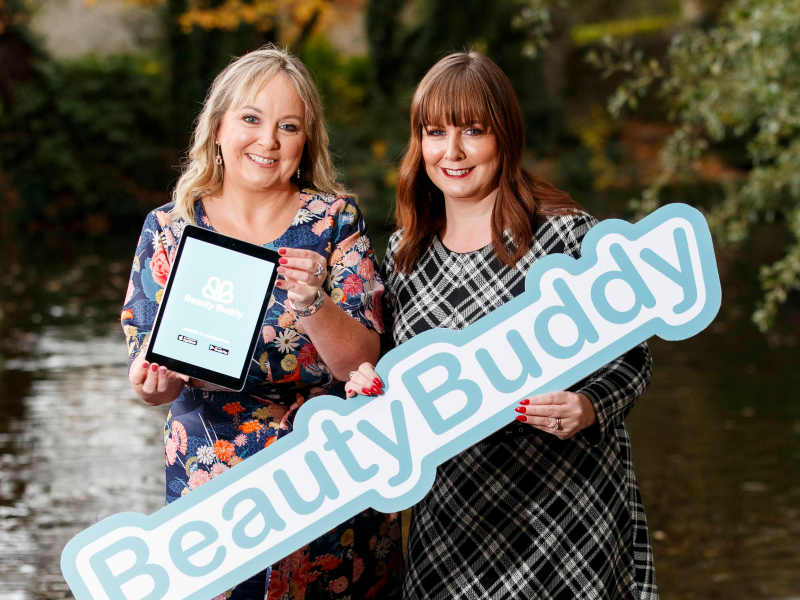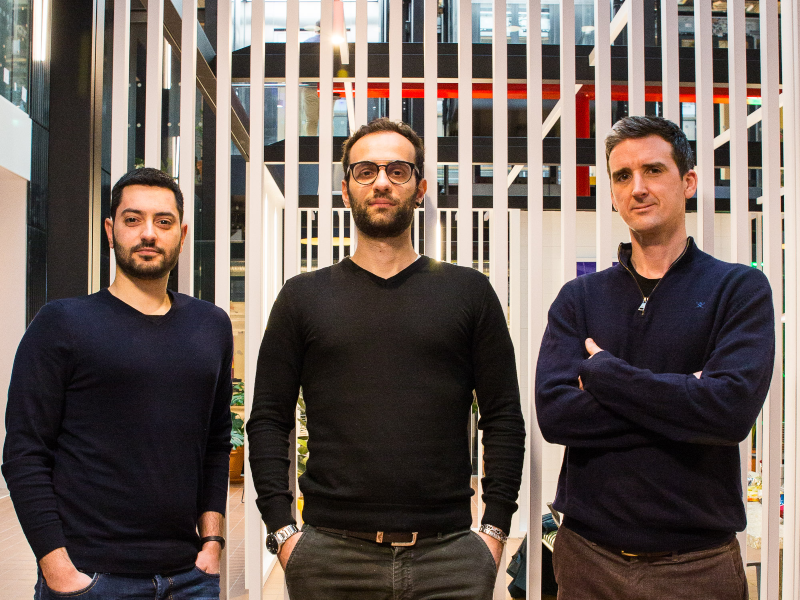The impact of the economic freeze caused by the Covid-19 lockdown has reached every sector, but during this time some good news came from promising young companies keen to change the world.
Every conceivable facet of the Irish business world has been impacted by Covid-19, from manufacturing and tourism to agribusiness and retail.
One of the largely untold or unrecognised areas where the impact is being severely felt is among young start-up companies who are particularly sensitive to economic shocks.
When the lockdown began, it emerged that Irish start-ups had an average cashflow runway of between three and six months before they run out of cash due to the Covid-19 crisis, a survey by Scale Ireland had found.
Many start-up enterprises in Ireland have less than 10 employees and have no revenues or profits.
The impact of Covid-19 on start-up and SME funding was immediate and Irish Venture Capital Association director-general Sarah-Jane Larkin warned how “Covid-19 will act like a hard frost which will wipe out the majority of Irish seed companies.”
But somehow in the midst of the Covid-19 lockdown some of the few good news stories actually came from Irish start-ups raising finance, creating new jobs, pivoting, investing or successfully exiting.
While these are the exceptions rather than the rule, it is good to know that Ireland’s entrepreneurs are still powering ahead.
Here are 24 young companies positioning themselves for a future beyond Covid-19.
ApisProtect
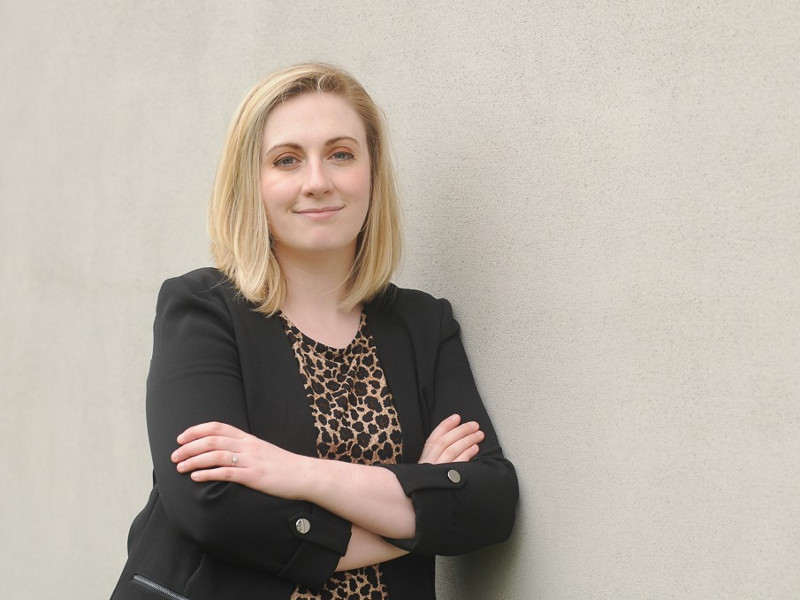
Dr Fiona Edwards Murphy, ApisProtect. Image: Jill Cotter
In May Cork start-up ApisProtect joined the Microsoft for Start-ups programme. This strategic partnership will allow ApisProtect to use Microsoft technologies to scale its business for the next two years.
Founded by preeminent researchers at UCC in the use of sensors in beehives, ApisProtect provides real-time hive monitoring powered by intelligent sensor technology. ApisProtect gives beekeepers actionable insights and alerts to help prevent losses and increase colony productivity.
“Our bee monitoring technology will enable beekeepers to manage their apiaries more effectively and focus on cultivating larger and stronger colonies,” said Dr Fiona Edwards Murphy, CEO and co-founder of ApisProtect. “We are delighted to be working with Microsoft as we scale our company globally over the next two years.”
Buymie
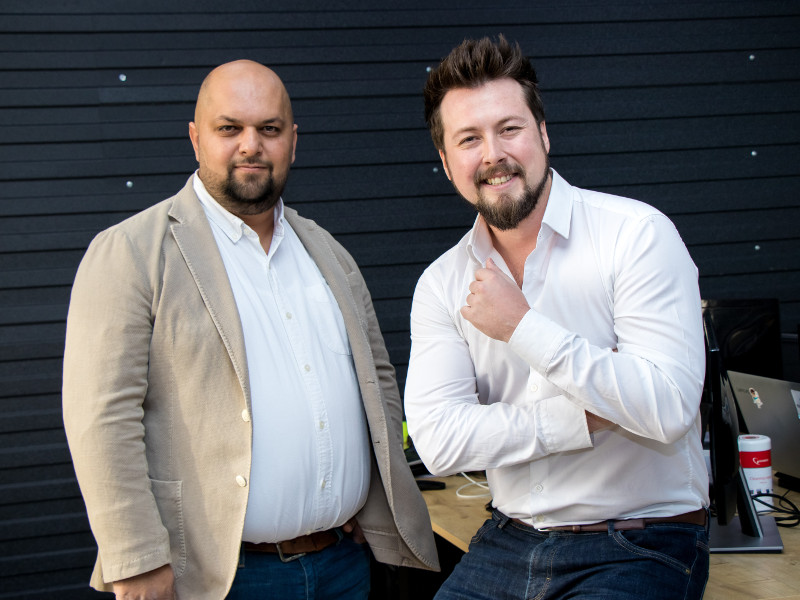
Buymie was founded in 2015 by Artavazd Sokhikyan and Devan Hughes (pictured) as a mobile app for on-demand groceries where customers can order goods and have them delivered within an hour.
Buymie has created a platform using artificial intelligence (AI) technology, that enables consumers to access multiple large grocery retailers and receive short notice delivery to their chosen destination in as little as an hour. Currently, the Buymie service is available to more than 490,000 households across Dublin as well large towns in Kildare and Wicklow.
In May Buymie raised €2.2m from existing and new investors as well as entering into a multi-year partnership with Lidl Ireland. Consumers are also able to use their Buymie application to shop from Tesco in Ireland.
The same month it emerged that the business is expecting to hire 200 personal shoppers over the next six months – including 30 drivers – due to increased demand during Covid-19 restrictions. It has also expanded into the UK and has teamed-up with Co-op to offer same-day home grocery deliveries and full personal shopping services across Bristol as a first UK city deployment.
BrightWind

In June renewable energy player BrightWind revealed plans to double its workforce by adding five new staff members in response to market needs.
BrightWind was founded in 2015 by Shane Martin and Stephen Holleran.
Earlier this year BrightWind secured over €160,000 in funding from the Sustainable Energy Authority of Ireland to develop a new cloud platform to help better understand Ireland’s wind and solar resource data, and to build an open-source analysis Python library to enable easy processing of such data.
Deveire
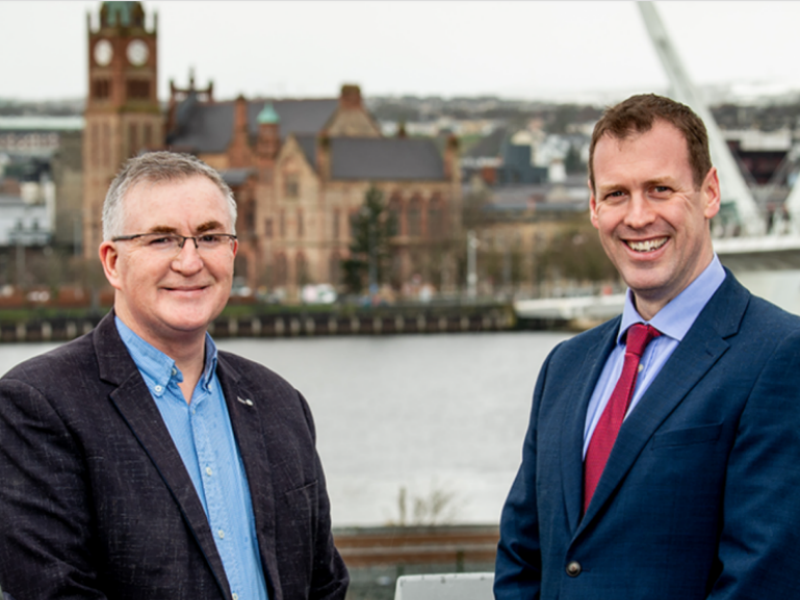
Deveire chief operating officer Cathal Murtagh with Steve Harper, executive director of International Business, Invest NI
In early March, just as the Covid-19 lockdown was about to be announced, it emerged that Deveire, a Limerick tech company is planning on creating 15 jobs with Dublin-level perks in Derry.
Set up 10 years ago by Ollie Cahill and employing 55 people Deveire specialises in building web solutions for enterprises and large organisations looking to use the latest technologies for their digital presence.
Deveire has delivered platforms that power the systems behind over 50 globally-renowned companies including Johnson & Johnson, Cisco, Walmart, Coca-Cola, Amazon and the Special Olympics. It has also developed National Geographic’s and Hallmark’s video platforms.
Diaceutics
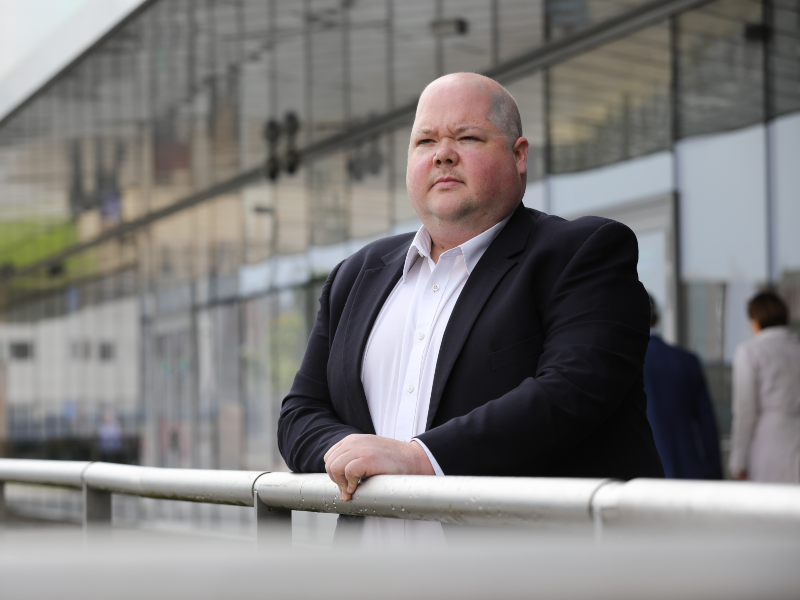
Ryan Keeling,co-founder, Diaceutics
In the middle of May Dundalk and Belfast medtech firm Diaceutics plc revealed plans to invest €26m in a network to meet a surge in demand for medical test and lab data.
DXRX – The Diagnostic Network – will connect 2,500 laboratories around the world to a precision medicine network.
Diaceutics, which listed on the London Stock Exchange last year, was founded by Peter and Ryan Keeling and has emerged as the leading provider of precision-testing data and commercialisation services for the global pharmaceutical industry.
This week (11 June) it emerged that Diaceutics raised a further €22.9m on the London Stock Exchange in an oversubscribed share placement to strengthen its balance sheet ahead of the Q4 launch of DXRX.
Drop

This week (9 June) Dublin smart kitchen start-up Drop raised €11.85m from investors who include Android co-inventor Steve Horowitz of Alpha Edison as well as Morpheus Ventures and Dublin-based Act Venture Capital.
The investment brings to more than $20m raised by Drop so far from investors that also include Frontline as well as Domini Kemp and Chapter One owner Ross Lewis.
Founded in 2012 and employing 42 people in Dublin, San Francisco and Zaragoza, Drop believes it can unify the fragmented cooking experience by integrating appliances of all kinds with a recipe app that makes perfect cooking simple. The company’s KitchenOS software has been integrated into smart kitchen products by manufacturers such as Bosch, Electrolux, Kenwood, GE, Thermomix and Panasonic.
Edgescan
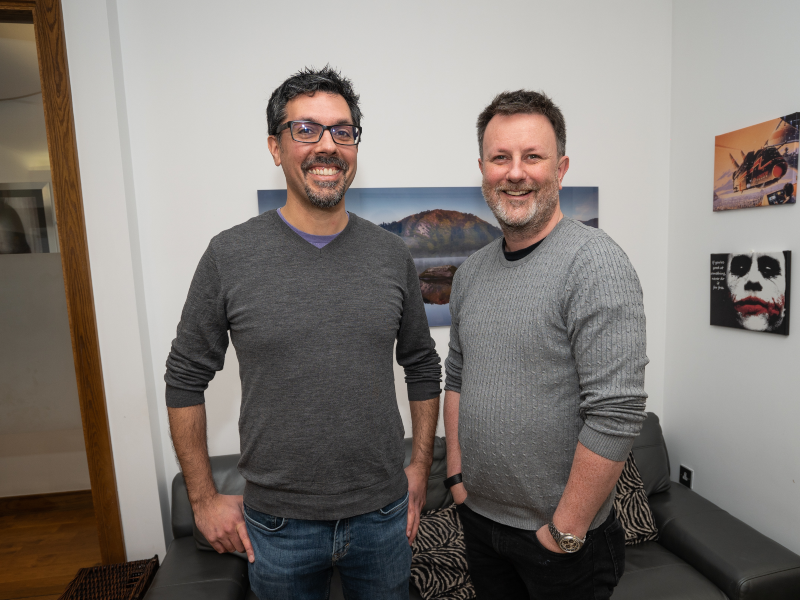
Rahim Jina and Eoin Keary
Also this week (8 June), Dublin cybersecurity start-up Edgescan raised €10.5m in what is the fourth funding round in the business in 17 months, bringing the total amount raised in this time to more than €30m.
The latest investment came from Irish growth capital investor BGF to acquire a minority stake in the cybersecurity business.
Edgescan was set up in Dublin in 2011 by Eoin Keary and Rahim Jina. The company provides continuous cybersecurity intelligence, assessment and services to leading national and international companies.
Evervault
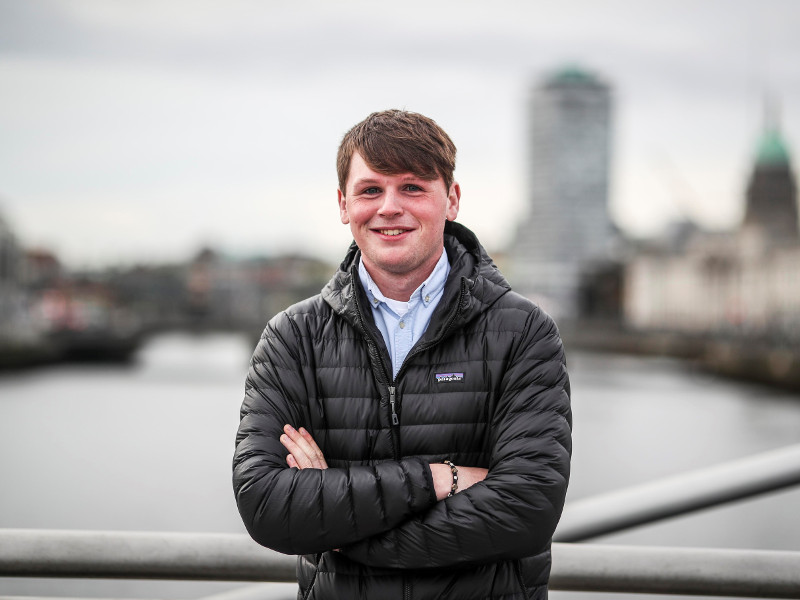
Toward the end of May it emerged that Evervault, the security start-up founded by young Dublin entrepreneur Shane Curran, raised $16m in a Series A round led by Index Ventures. Existing partners at Sequoia Capital, Kleiner Perkins and Frontline also joined the round, along with a number of angel investors.
Founded by 20-year-old entrepreneur Shane Curran (above), Evervault is creating a data privacy toolkit that developers can “bake in” into new products. In October last year, when Curran was just 19, the company raised $3.2m in seed funding in a round led by venerable Silicon Valley venture capital firm Sequoia Capital along with Kleiner Perkins, Frontline, and SV angel along with some unnamed tech innovators and investors.
“We’re aiming to distil what GDPR did in 99 Articles down to a line of code,” quipped Curran.
Glofox

At the end of April it emerged that Glofox raised $10m (€9.2m) in funding as well as the launch of a new platform that enables gyms and fitness studios to deliver live streaming and premium on-demand content. The $10m funding brings total funding raised by Dublin-based Glofox to $23m. Glofox is a business management platform that encompasses an integrated mobile and web application, a booking platform and payment processing, all specifically tailored for the health and fitness industry. The company was founded in 2014 by Conor O’Loughlan, Anthony Kelly and Finn Hegarty.
Iconic Translation Machines

This week (9 June) it emerged that DCU spinout Iconic Translation Machines was acquired in a deal worth up to €17.8m ($20m) by London-listed RWS Holdings.
Iconic is a language technology software company that was founded in 2013 by Dr John Tinsley and Dr Páraic Sheridan. The company uses proprietary technology developed from years of research at DCU’s CNGL, now part of the Science Foundation Ireland-funded Adapt Centre.
Keelvar
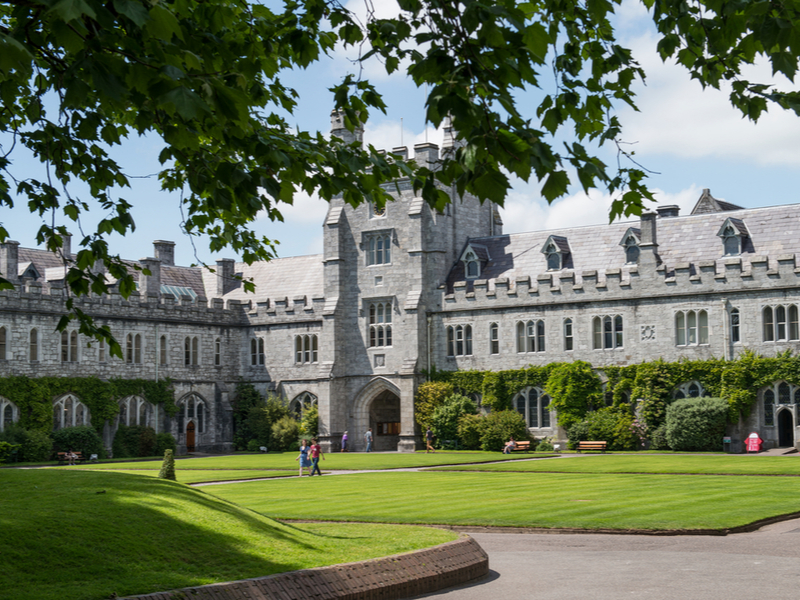
Last week (4 June) we reported how UCC spinout Keelvar raised $18m (€16m) in venture capital funding from US and European investors.
Keelvar uses artificial intelligence to transform supply chains for large enterprises across the globe, helps to optimise more than $100bn in spend annually.
The company was set up in 2012 by Alan Holland, a former lecturer in AI at the UCC computer science department. He specialised in optimisation, game theory and algorithmic mechanism design.
LetsGetChecked
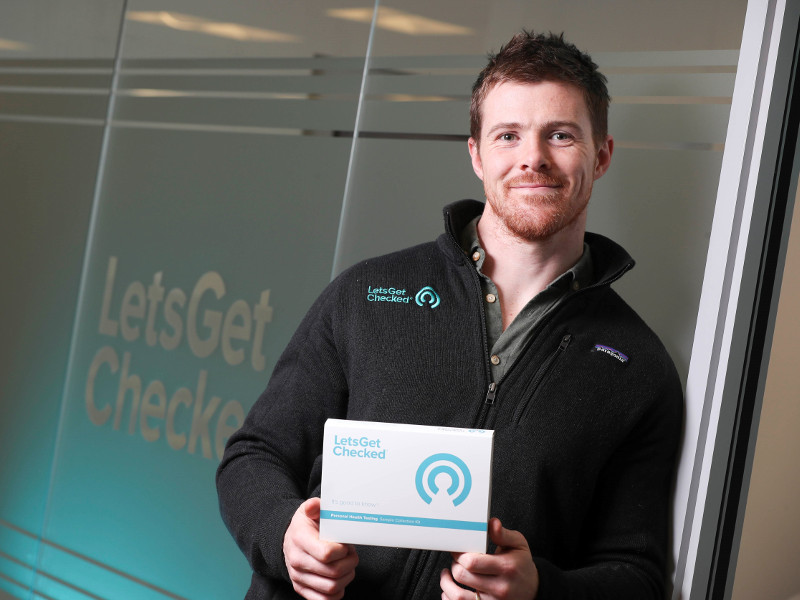
Lets Get Checked Picture Conor McCabe Photography.
Founded by Peter Foley, a law and business graduate, health insights company LetsGetChecked it emerged in early May that the company raised $71m (€65.4m) in funding to support its drive into testing for Covid-19.
The Dublin-headquartered firm has developed a two-part test for Covid-19/coronavirus that proves an immediate result within 15 minutes and which is followed within 24 hours by a full lab analysis based on oral and nasal swabs.
MicroGen Biotech

Founded in 2012 as a spinout from IT Carlow by Xuemie Germaine, Carlow-based MicroGen Biotech raised $3.8m in funding at the end of April.
The company has developed technology to ensure better food safety and soil health by blocking the update of metal by crops on land that has been contaminated and works to break down pollutants in the soil and restore soil to original fertility.
Olive Group
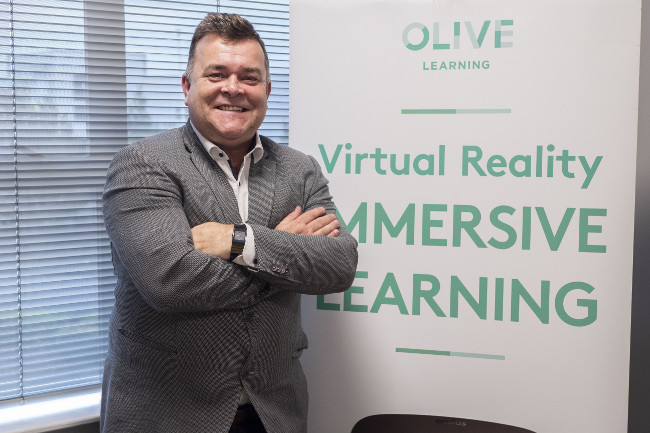
Brendan Kavanagh, CEO, Olive Group
Just right at the start of lockdown Irish edtech Olive Group revealed it was making a €5m investment in a virtual tutor platform for organisations struggling to train staff in the midst of Covid-19 restrictions.
Since its establishment in 2011, the Dublin company has trained more than two million people across the world and created digital learning content in 27 languages. Olive Group works in a variety of sectors including healthcare, nursing, pharma, retail, construction, hospitality, manufacturing and education.
Opening.io
Big day for @iCIMS! Today, we announced the acquisition of @openingdublin and the launch of a new #AI solution, iCIMS Talent Logic: https://t.co/1E42W47aTH Congrats to all. https://t.co/Z4kpjUenv3
— Colin Day (@Colin_iCIMS) May 14, 2020
In the middle of May it emerged that Dublin data science start-up Opening.io was to be acquired by iCIMS Talent Logic, a global cloud-based recruiting provider.
Founded in Dublin in 2015 by Andreea Wade and Adrian Mihai, Opening.io built an AI solution that delivers speed and precision for building transformative, diverse workforces at scale.
ParkOffice
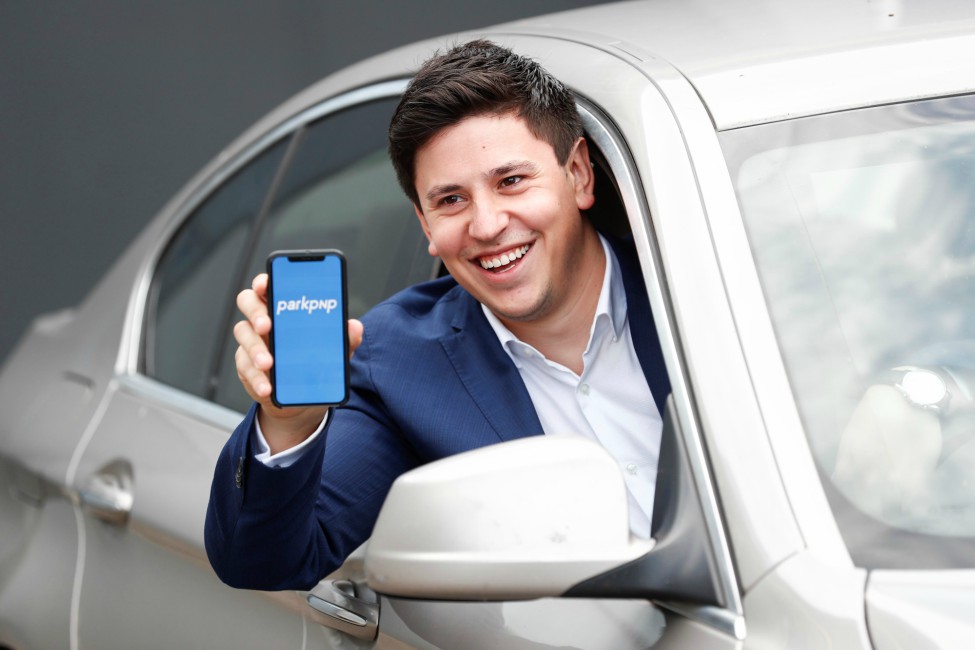
Mid-May ParkPNP founder Garret Flower pivoted brilliantly to reveal a new technology to enable the safe return to work.
ParkOffice.io’s Covid-19 focused solution has been designed to specifically solve the new commuter challenges presented by Coronavirus. Employers are able to track which staff members require parking at the office on a given day. An award-winning algorithm then allocates available parking to those who are most vulnerable or whose need is greatest. By leveraging the ParkOffice solution, companies will be able to increase parking availability by up to 40pc. While at risk or non-essential staff can be automatically advised to work from home if parking facilities are not available.
Profitero

On the last week of April it emerged that Dun Laoghaire-headquartered start-up Profitero raised $20m in a series B round was led by by Scaleworks, with participation from Conviction Capital.
Profitero is an e-commerce intelligence business for retailers and brands and tracks products across 8,000 online stores in 50 markets for 4,000 clients including Adidas, L’Oreal and General Mills. The company was founded in 2010 by Vol Pigrukh, Dmitry Vysotski and Kanstantsin Chernysh.
Re-Vana Therapeutics

At the start of June Queen’s University Belfast spinout Re-Vana Therapeutics revealed that it raised $3.25m (€2.9m) in pre-Series A financing.
Founded in 2016 Re-Vana is a technology spin-out from Queen’s University Belfast. The company is developing sustained release ophthalmic therapeutics that can reduce the frequency of intravitreal injections required to treat a wide range of retinal diseases, including neovascular age-related macular degeneration.
Silvercloud Health
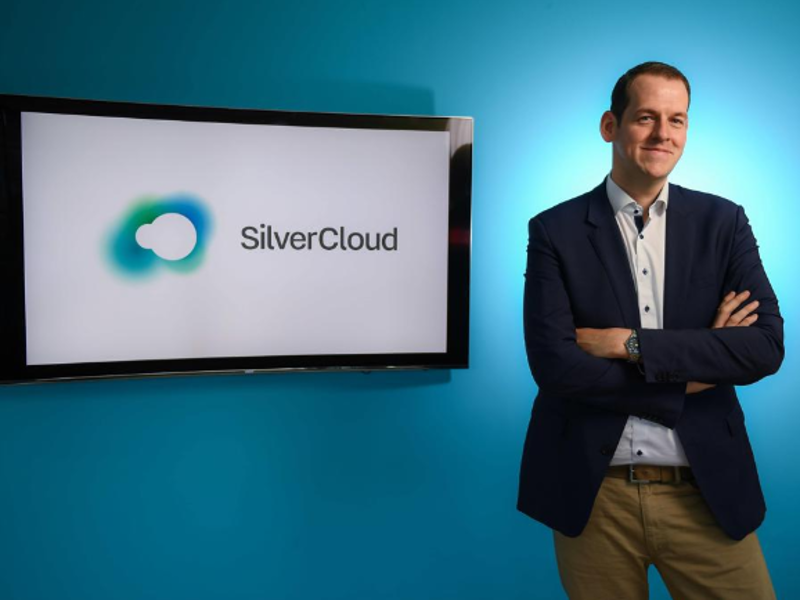
Ken Cahill, CEO of SilverCloud
In early April, just as the full effects of lockdown were being felt across the island, there was a spark of good news when it emerged that SilverCloud Health had landed a $16m (€14.7m) Series B investment.
The platform, used by more than 350,000 individuals, and growing by over 15,000 users per month, has demonstrated results on par with face-to-face therapy in multiple randomised controlled trials. Beyond its industry-leading results in clinical trials, real-world evidence demonstrates that over 65pc of SilverCloud users have shown significant decreases in depression and anxiety symptoms.
Shorla

Shorla founders Orlaith Ryan and Sharon Cunningham
Last week (3 June) there was good news from Tipperary when it emerged that Clonmel-based Shorla Pharma, which makes cancer drugs, raised €7.4m in a Series A investment round.
Started in 2018 by Sharon Cunningham and Orlaith Ryan, Clonmel, Co Tipperary, start-up Shorla focuses on developing oncology drugs with a focus on rare, orphan and paediatric cancers.
Together with a strong team of scientists, clinicians and an extensive industry network, the company has an advanced pipeline of innovative drug products to treat a number of unmet patient needs. The funding will support the advancement of the product pipeline, along with expansion of technical and commercial operations in both Ireland and the US.
Singlepoint

Dublin spire reaching to the clouds under a blue sky.
At the start of March it emerged that Irish IT services firm Version 1 is to buy digital consulting firm Singlepoint in what will be its eleventh acquisition.
Founded by Rob Curley in 2009, Singlepoint has expertise in a number of areas including digital and cloud solutions, artificial intelligence and analytics.
Soapbox Labs
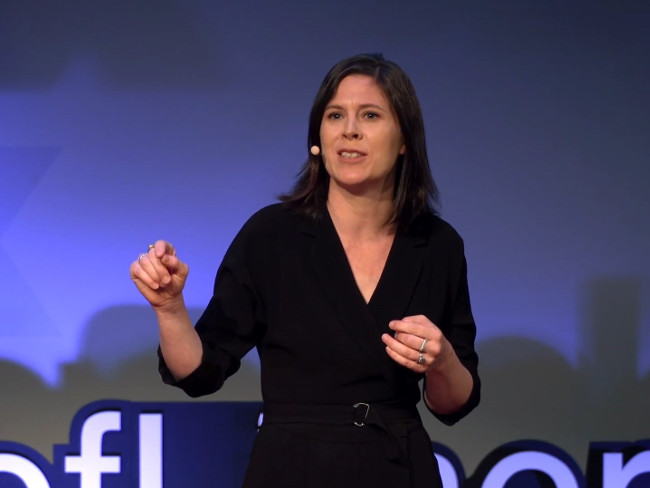
Dr Patricia Scanlon, CEO and founder of Soapbox Labs
On 20 April it emerged that Irish start-up dubbed ‘Siri for kids’ Soapbox Labs raised raised €5.8m in funding from international venture capital firm Astia Angels and Dublin-based Elkstone Capital.
Identified in 2018 by Forbes magazine as one of the world’s “top 50 women in tech”, Soapbox Labs CEO Dr Patricia Scanlon is one of a number of Irish women shaping the future of technology and is addressing a global education problem using speech recognition.
Dr Scanlon, a former researcher at Bell Labs, started Soapbox in 2013 and the company’s technology uses AI to help children between the ages of three and 12 develop their literacy skills.
Techfynder
We are so proud of our new Techfynder Video filmed in #Dublin for our Global Audience. Thanks to @JarFinnegan and the teams involved. #techfynder #enterpriseireland #Contractors #techjobs #startups #India #Ireland pic.twitter.com/5hVlR3neNm
— TechFynder (@TFynder) June 4, 2020
The optimism of Irish start-ups was evidenced in late April when news emerged that online recruitment platform Techfynder was planning to raise up to €5m to meet a surge in demand for IT contractors.
Headquartered in Blanchardstown and founded only last year, Techfynder predicts that it will source 600 new jobs on its platform in the next three months alone. Despite the pandemic the company also has plans to hire 50 people in Dublin and Hydrebad, India.
WorkVivo

Workvivo co-founder John Goulding with Zoom co-founder Eric Yuang.
Also in mid-May it emerged that Cork software start-up Workvivo raised $16m (€14.7m). The company is on a trajectory to surpass 1m users in 2021. The investment came from US investment firm Tiger Global Management as well as Frontline Ventures and Enterprise Ireland.
The investment comes just months after Zoom founder Eric Yuan has emerged as an investor in WorkVivo, making an investment of close to €500,000 in the company.
Workvivo has designed an internal communications platform based on the way people are familiar with interacting outside of the workplace and brought that into a business context.
The company was founded in Douglas three years ago by John Goulding and Joe Lennon.
Written by John Kennedy (john.kennedy3@boi.com)
Published: 10 June, 2020

